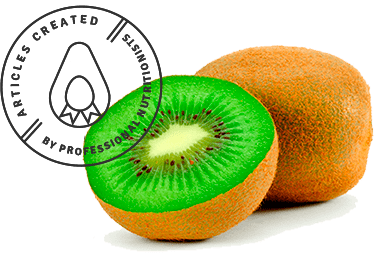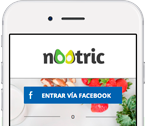12 months, key period of time to keep the weight off

The main promise of miracle diets, from the beginning to this day, is and will always be quick weight loss.
In Western society today we are used to getting whatever we want, whenever we want it. So, we think we can and should change our bodies in the same way. This is why many people are lured in by the promise of results, especially in key moments like before summer (with the famous "pineapple diet", "detox diet", etc.) or before a wedding (goal: to fit into clothes from years ago, when everything, including our body, was different).
There's no worse lie than a half-truth. It's true that these diets can help you lose weight, but they don't talk about the yo-yo effect that can have you gaining all the weight back quickly (nor about the metabolic imbalances they can cause in the body). The most famous include those that promote extreme protein intake (meat, fish, eggs, etc.) as these have relatively few calories. However, this can affect your vital organs (kidneys, colon, circulatory system and bones).
Low-calorie diets change your metabolism, putting it into "saving mode", as the body prepares for lean times and uses as little energy as it can to save as much as possible in the adipose tissue. So, once you return to your normal diet, you will quickly gain back all the weight lost. Highly restrictive diets lasting 3 to 4 days (drinking fruit juice throughout the day) normally mean you lose water weight, which you gain right back when you return to normal water and mineral intake. The main problem in these cases is the dizziness you feel from not getting enough carbohydrates in your diet (the nervous system only uses glucose as a source of energy).
An appropriate pace of weight loss in most cases would be 0.5 kg-1.5 kg per week. So, level II overweight – level 1+ obese individuals must set a 12 month goal in order to reach normal weight (or obtain satisfactory results for those with level II obesity and up). This pace is possible with a more realistic, balanced diet, with foods from each group (fruit, vegetables, carbohydrates, proteins, fats, etc.) that is sufficiently varied to make it sustainable in the long term and a feasible way to create healthy new life habits, instead of diets that "cure" us for a short period of time before we return to our starting point, in a never-ending loop.




